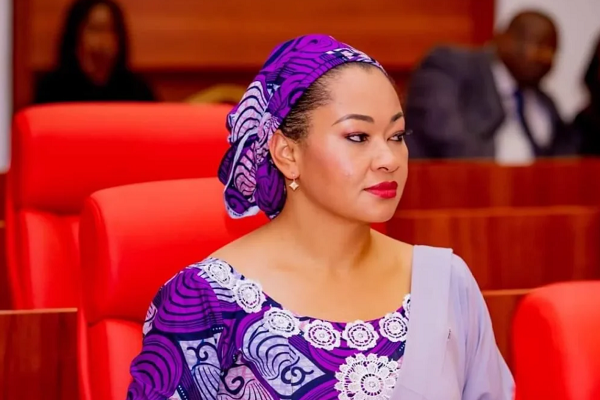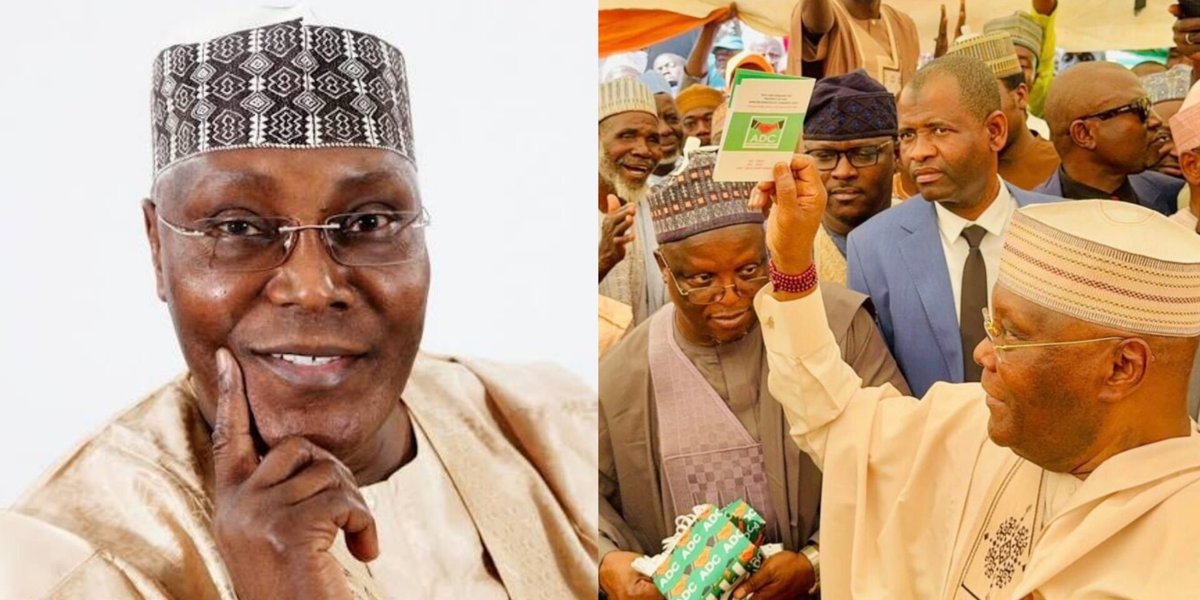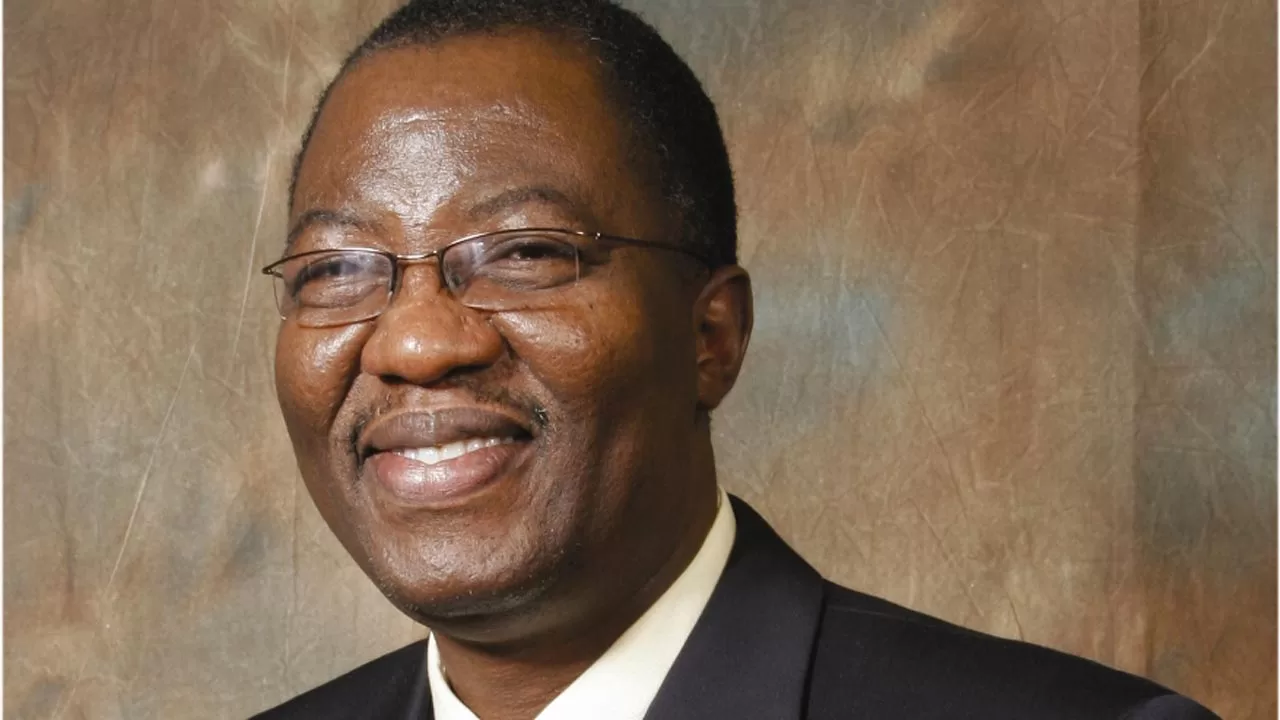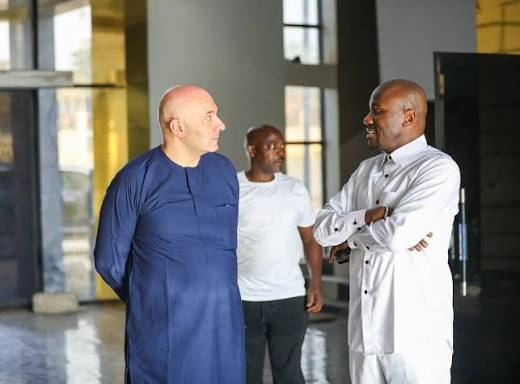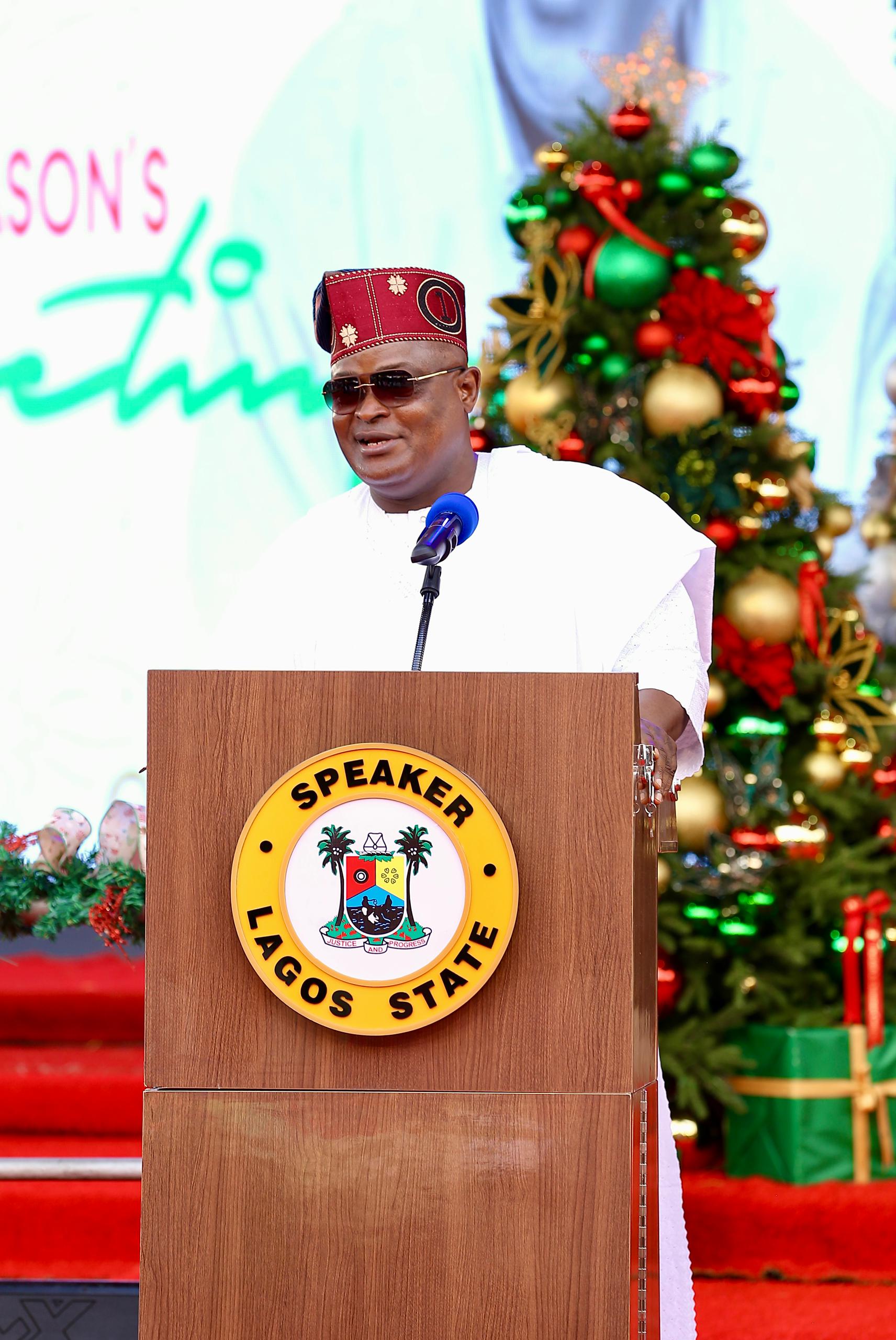“Nigeria’s Senate faces unprecedented drama, as gender dynamics, ego, and leadership failures create a storm surrounding Senator Natasha Akpoti-Uduaghan.”
[dropcap]T[/dropcap]he Nigerian Senate is in turmoil, with an ongoing saga surrounding Senator Natasha Akpoti-Uduaghan that has sparked both national and global attention.
Also read: Court adjourns Natasha Akpoti-Uduaghan’s case to March 2025
From the very start, the drama surrounding her seat reallocation highlighted a deeper issue within the male-dominated chamber—a lack of maturity, emotional intelligence, and genuine respect for women.
Akpoti-Uduaghan’s resistance to a seat reallocation in the Senate quickly became the flashpoint for a larger clash, illustrating the deep-rooted challenges women face in political spaces traditionally dominated by men.
The response from her male colleagues revealed not only a disregard for her concerns but also an overwhelming sense of ego, power, and possibly misogyny.
Rather than managing the disagreement professionally, their response escalated into a series of embarrassing public exchanges that have captivated the attention of many, both within Nigeria and internationally.
At the heart of the issue, it seems, is the absence of leadership. An early intervention by reasonable male Senators could have de-escalated the situation, but they failed to act.
Instead, they allowed their personal egos to take centre stage, making statements that denigrated Akpoti-Uduaghan and painted her as the problem, while sidestepping the real issues. The conflict grew in intensity, fuelled by a clear lack of foresight and emotional maturity.
Interestingly, the current crisis has drawn parallels to a similar situation years ago. Godswill Akpabio, the current Senate President, had once experienced a similar fit when his seat was reallocated under the leadership of Dr. Bukola Saraki. His reaction back then was just as dramatic, if not worse, leading to a public outcry.
However, Saraki was quick to shut down the drama, and the Senate moved forward. This time, Akpabio’s approach was less measured, further contributing to the ongoing chaos.
One of the most memorable moments of the current conflict was when Akpabio shouted down Akpoti-Uduaghan during a plenary session, telling her that the Senate was “not a nightclub.”
His words were infantile and disrespectful, and although he later apologised, the damage had been done. The fact that none of the female Senators publicly protested the use of such an indecent remark spoke volumes about the gender dynamics at play.
Instead of standing up for one of their own, they chose to defend Akpabio’s behaviour, branding it as part of his “jovial” nature.
What began as a relatively simple seating issue has since escalated into a series of alleged incidents involving sexual harassment, an illegal suspension, and even assassination plots.
The ongoing harassment of Akpoti-Uduaghan and the Senate’s failure to address the situation properly has turned into a circus of political theatre.
But, beyond the drama, the fundamental issue remains: a Senate that lacks the maturity and leadership needed to handle internal conflicts professionally.
The situation in Kogi State, where Akpoti-Uduaghan is politically involved, has only worsened the crisis. The Kogi State government’s decision to ban protests and rallies related to her has only fueled the controversy, drawing more attention to the power struggles at play.
The actions of the local government and the involvement of a minister in further escalating tensions have added fuel to the fire, with some suggesting a larger political agenda to destabilise the region.
The police response, or lack thereof, has also raised concerns. While they have failed to provide adequate security for Akpoti-Uduaghan and her supporters, they appear to be more concerned with other political events, such as rallies organised by a controversial minister.
His public threats against opposition governors have raised eyebrows, leaving many to question the broader implications of this political theatre.
As the situation continues to spiral, there are few signs that the leadership of the Senate is capable of handling the crisis.
The poor handling of this issue reflects broader leadership failures in Nigeria, where political leaders seem more focused on power struggles and personal agendas than the welfare of the nation.
With Nigeria’s population of over 200 million, diverse challenges, and immense resources, the current state of leadership is a recipe for disaster.
Yet, amid the chaos, there remains hope that a path to reconciliation could still be found. While the damage to the Senate’s reputation is considerable, it is not beyond repair.
Making peace now, rather than allowing the situation to worsen, could demonstrate strength and maturity on the part of the leadership. Unfortunately, the current Senate appears unwilling or unable to take this step, preferring to let the drama unfold.
If the situation is not resolved soon, the consequences could be far-reaching, both for the Senate and for the broader political landscape in Nigeria.
Akpoti-Uduaghan’s resilience in the face of adversity continues to fuel the ongoing spectacle, as she navigates a political storm that seems far from over.
Also read: Afe Annang reacts to Natasha Akpoti-Uduaghan’s suspension, demands recall, guidance
For now, it remains a waiting game: will reason and common sense prevail, or will the Senate continue its downward spiral into chaos?


